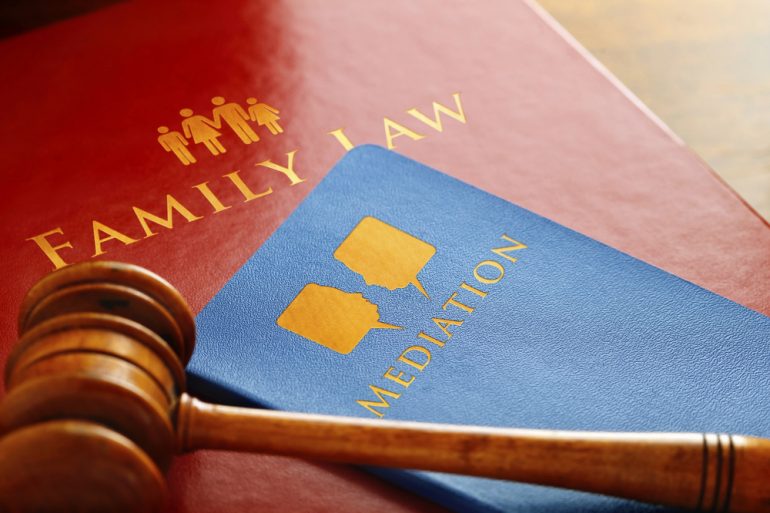
Civil mediation is a means by which two parties who are able to reach an agreement or resolve a dispute without having to go through litigation. A mediator helps the parties arrive at an agreement that is satisfactory to both. This method offers an alternative to court which is quicker, less expensive, and often easier on the relationship of the parties involved. Mediators are often able to come up with the kind of creative solutions that courts cannot provide. Mediators don’t take sides, nor do they make judgments, or give guidance. The role of the mediator is primarily to negotiate.
Typical Mediation Cases
Examples of the types of cases in which a civil mediator can help is consumer disputes, contract disputes, family disputes, and neighborhood disputes. All participants in a civil mediation case must agree to participate in mediation. A mediator will strive to arrive at a consensus among all parties involved in the dispute. A consumer dispute could involve negotiation of a debt or a piece of property, or a consumer claim regarding a product that failed to lived up to expectations. An example might be the purchase of a used car that turned out to be a lemon, dissatisfactory customer service, or dissatisfaction with services rendered.
Alternative Cases Involving Mediation
Contract disputes may also be resolved through civil mediation. This could include the dissolution of a partnership and the decision of how assets and liabilities will be allocated amongst the parties involved. A homeowner may be dissatisfied with the terms of an HOA (homeowner’s authority) agreement and challenge those terms. An individual may hire a contractor to do work on their home and feel the results were not as expected, or were poorly performed. A civil mediator can help resolve these issues without the need for lengthy and expensive court battles. In the case of neighborhood disputes, a civil mediator may help resolve issues regarding property boundaries or appropriate use. A neighbor may have a dispute regarding a barking dog or activities which they feel have become disruptive. Again, the civil mediator will strive to bring the parties to an agreement that is satisfactory to all.
Mediation in Family Law
Family disputes are a common use of civil mediation as parties often have a desire to resolve issues while maintaining the best possible relationship. Civil mediation is often used to negotiate property settlement in the event of a divorce. Child custody issues can also be negotiated through mediation. Sometimes parties may be in disagreement regarding the disposable of property after the death of a loved one and rather than a protracted legal battle to challenge a will, parties may attempt mediation. These types of agreements often must be approved by a court, but it allows the parties to make a decision rather than a judge making decisions which ultimately could leave both parties unhappy.

